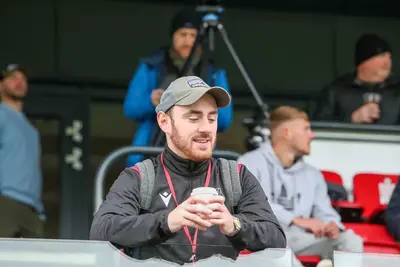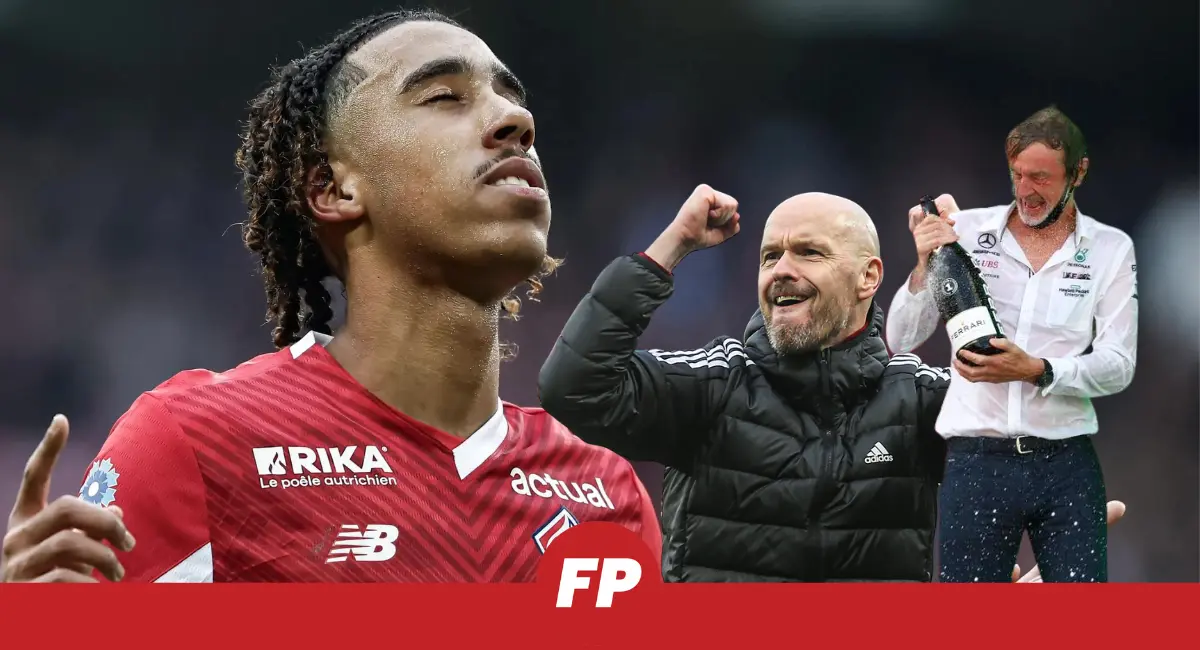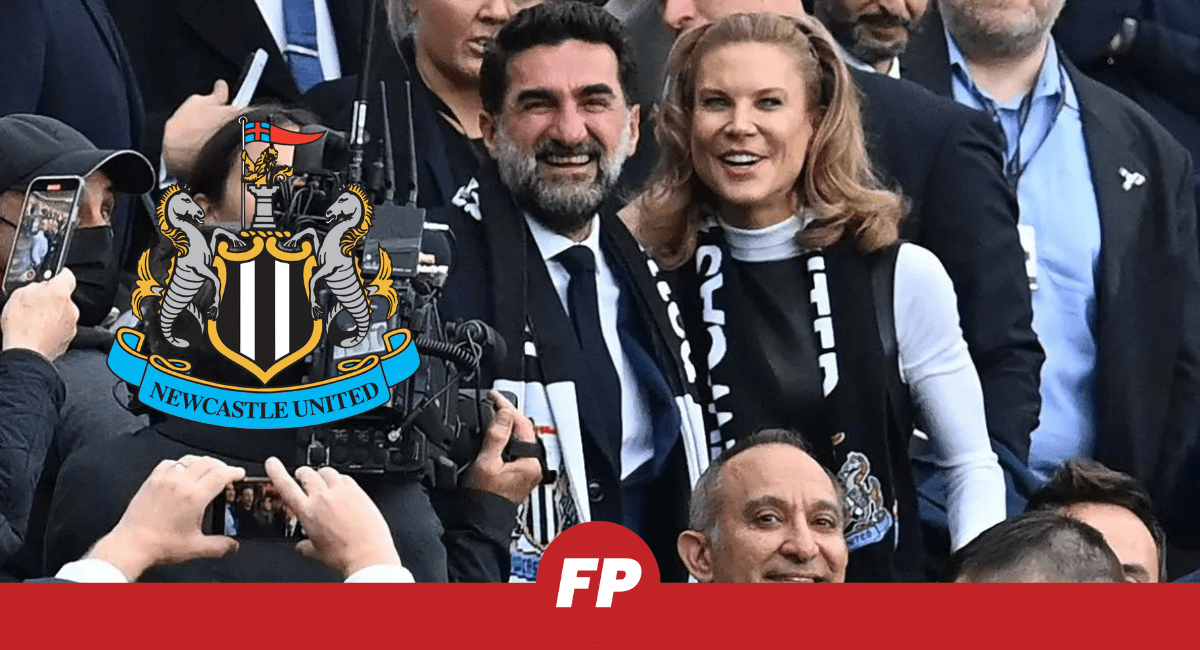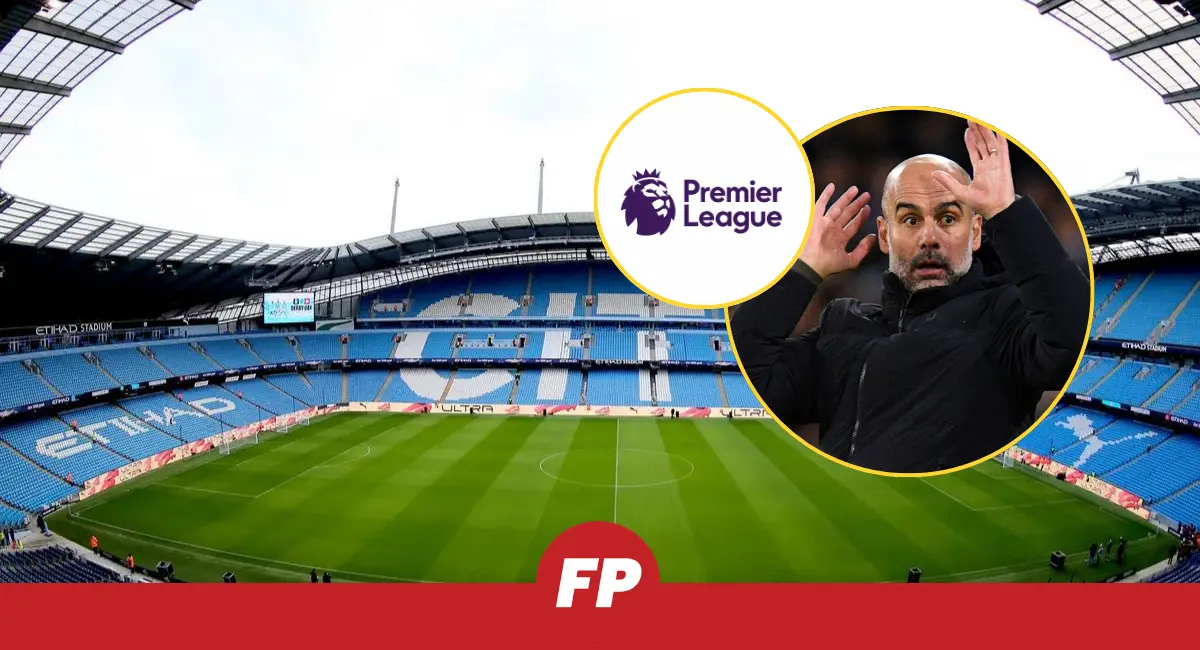Jurgen Klopp’s ongoing beef with early kick-offs showed no signs of going away as he expressed his frustration towards broadcaster TNT Sport in his latest press conference.
Klopp’s recent skirmish with TNT Sports, over what he perceives as reckless scheduling, is the latest chapter in his ongoing battle for player welfare and the integrity of the game.
The German tactician, known for his animated touchline presence and fierce loyalty to his players, didn’t mince his words when he addressed the media ahead of Liverpool’s crucial fixture against Tottenham.
With a tone that could curdle milk, Klopp declared his boycott of TNT Sports, accusing them of jeopardizing player health with their relentless fixture scheduling.
“I had a chat with TNT [Sports] – a television show I will never watch again – and they said they pay us to play football but I don’t see it that way, football pays them,” Klopp exclaimed, drawing a line in the sand between profit-driven broadcasters and the essence of the beautiful game.
This isn’t the first time Klopp has found himself at odds with broadcasters over scheduling issues.
"I was waiting for Amnesty International to go to them" 😬
— Sky Sports Premier League (@SkySportsPL) May 3, 2024
Liverpool boss Jurgen Klopp says the fixture scheduling is "a crime" 👇 pic.twitter.com/jS22y2eCuj
Throughout his tenure at Liverpool, he has been a vocal critic of fixture congestion, particularly around the festive period when matches come thick and fast.
Klopp’s concerns aren’t unfounded; studies have shown a correlation between fixture density and player injuries, raising questions about the prioritization of commercial interests over player welfare.
But Klopp isn’t just a grumpy old manager railing against the system; he’s a passionate advocate for change.
He’s called for a more equitable distribution of broadcasting revenue, a fairer scheduling system that takes player welfare into account, and greater transparency from broadcasters in their decision-making processes.
However, Klopp’s crusade isn’t without its critics. Some argue that his confrontational style risks alienating key stakeholders and burning bridges that could be vital in driving meaningful change.
Others question whether his boycott of TNT Sports is more about posturing for the cameras than effecting real change.











